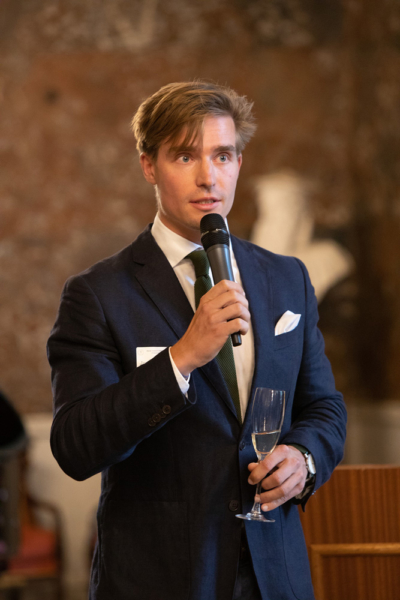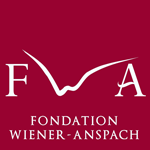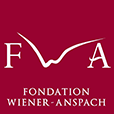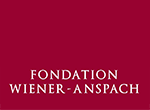 Wiener-Anspach Alumnus Jan Stöckmann (DPhil in History) has recently published an article presenting the results of his research stay at the Université libre de Bruxelles in 2018/2019, under the supervision of Prof. Véronique Dimier (Faculty of Philosophy and Social Sciences).. The paper, entitled “The First World War and the Democratic Control of Foreign Policy”, is available on the website of the journal Past&Present.
Wiener-Anspach Alumnus Jan Stöckmann (DPhil in History) has recently published an article presenting the results of his research stay at the Université libre de Bruxelles in 2018/2019, under the supervision of Prof. Véronique Dimier (Faculty of Philosophy and Social Sciences).. The paper, entitled “The First World War and the Democratic Control of Foreign Policy”, is available on the website of the journal Past&Present.
Abstract
As the world went to war in 1914, a group of politicians, scholars and activists developed a radically new concept of foreign policy. It rested on the assumption that the war was the result of a flawed diplomatic system and that democratic institutions would make international relations more peaceful. Specifically, they proposed a set of reforms to improve parliamentary oversight, to prohibit secret treaties and to make foreign affairs more accessible to the general public. Most historians have written them off as pacifist propagandists or isolated national splinter groups. However, as this article shows, the advocates of democratic control built a transnational campaign across more than two dozen countries and drew up an elaborate agenda which anticipated long-lasting debates about foreign policy governance. The leaders of the campaign — including American educationalist Fannie Fern Andrews, German social democrat Eduard Bernstein and British politician Arthur Ponsonby — began by protesting decision-making in July 1914, but gradually worked out a more rigorous foreign policy critique. They hosted conferences, circulated academic-style publications and lobbied governments. Although their programme resonated with Wilsonian and socialist visions for a democratic peace, it failed to materialize in 1919. Ultimately, it remained an exercise in democratic governance.
Following his postdoctoral fellowship at the ULB, Jan has been appointed Lecturer in Modern History at the Helmut-Schmidt-Universität in Hamburg.


